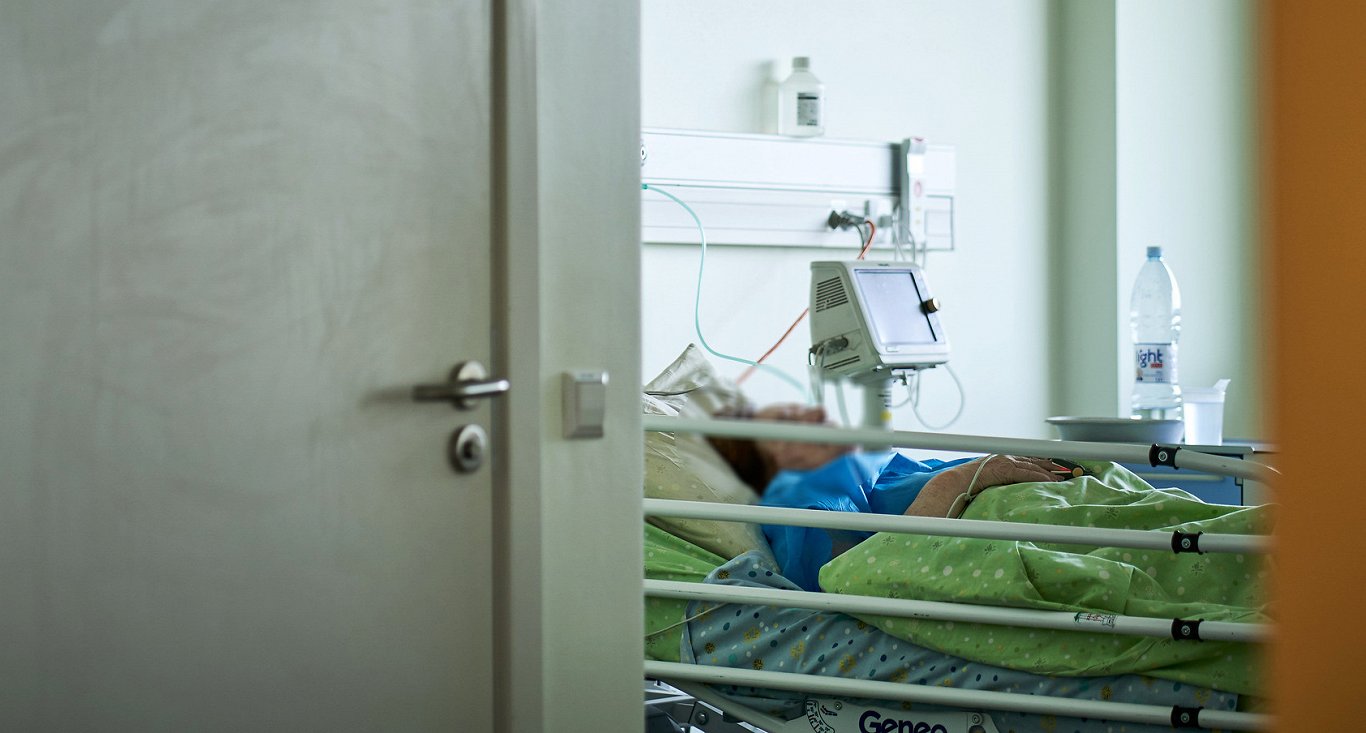Many non-Covid patients at RAKUS are in critical condition. They came in late as they did not receive treatment directly due to the long-term pandemic. Therapy departments are now crowded while there are free beds in Covid-19 departments. The Omicron is slightly lighter than the Delta, said Inga Vikmane, head of the hospital's Department of Dangerous Infections, stressing that it is mostly the fever and the tension that people cannot deal with.
At the management level, it is already modeled how the situation can evolve over the next four weeks. The expectations aren't encouraging.
“We can imagine that if 10-15 thousand people get sick at the same time, the 3% needing hospitalization is a lot,” said Ilze Pučkure, the hospital's director of treatment.
The number of beds has been accounted for. 740 beds can be allocated to Covid-19 patients. The question is what to do with staff if paramedics start to get sick or quarantined. The hope is that the number of days of isolation will be reduced. There are also concerns are about intrahospital infection. Masks are already being distributed, asking for them to be worn in rooms as well.
“I have a great request for our society. Forget the squabbles, the arguments, and focus on four to six hard weeks. Please help ourselves, think about our health, our loved ones. Wear masks, fan spaces. Omicron is very contagious and there are no symptoms in the first few days,” Vikmane said.




























